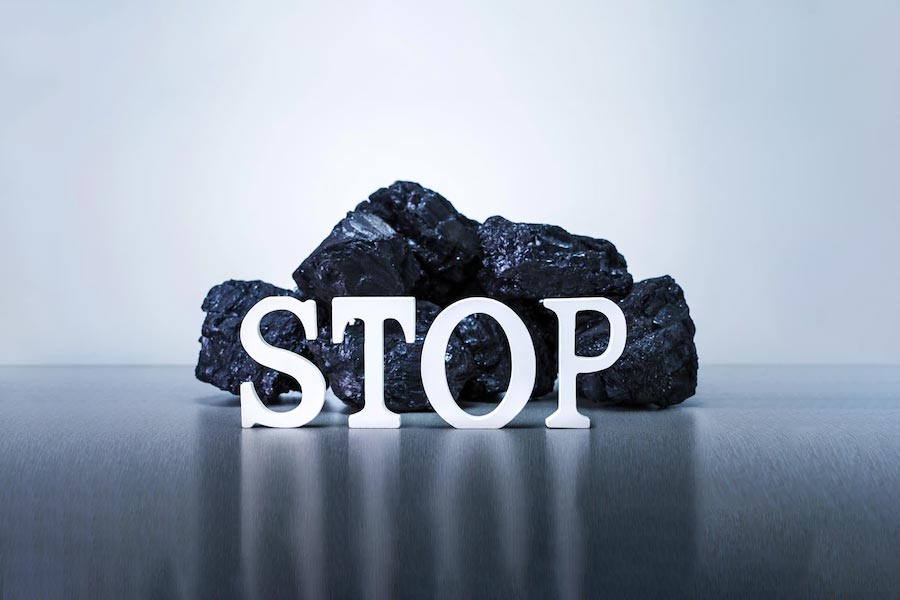The United States, the United Arab Emirates, Czechia, Norway, and a number of other countries announced that they are joining Powering Past Coal Alliance (PPCA) during the COP28 climate conference.
The U.S. is the third largest country in the world in terms of installed coal capacities. Just 20 years ago, Americans received half of their electricity from coal, in 2022 its share in the electricity sector was 19%, and by joining the PPCA, the United States committed to completely phase out coal by 2035.
Ukraine joined the PPCA at the end of 2021, also announcing its coal phase-out by 2035 in the electricity sector. Subsequently, Russia’s full-scale invasion began, but in 2023 the Ministry of Energy of Ukraine reaffirmed its decision to phase out coal despite the uncertainty of wartime.
This is yet another indication of the inevitability of the coal industry’s decline. However, not only do we need targets for a coal phase-out, but we also need mechanisms to support countries on this path and ensure a just transition of coal mining regions.
Simultaneously with the announcement of the new countries joining the PPCA, France, together with Canada, the European Commission, Indonesia, Malaysia, Senegal, the UK, the U.S., Vietnam and several organisations, including the PPCA, announced the launch of a new initiative – the Coal Transition Accelerator. It aims to share experiences, develop new policies, including based on best practices and lessons learned, and launch new sources of public and private financing to facilitate a just transition from coal to clean energy.
The main areas of work of this initiative:
- A strategy to decrease the cost of capital for the investment in clean energies in developing and emerging markets, to be developed by the World Bank.
- A Coal Transition Commission that will propose options and solutions to unlock new sources of public and private financing for transitioning the existing unabated coal fleet.
- A “gold standard” to measure and assess the climate and financial risks attached to private sector investments in new coal assets, to be developed by the OECD, with the support of the IEA.
“The coal phase-out is inevitable, both in Ukraine and globally. As Ukraine fights for its security and freedom, and at the same time plans for reconstruction, it is important to ensure that mechanisms are in place to finance the just transition that must take place as part of the country’s recovery. That is why it is important that Ukraine also becomes an active participant in the Coal Transition Accelerator initiative,” says Anastasiia Bushovska, Energy Policy Expert at Ecoaction.

